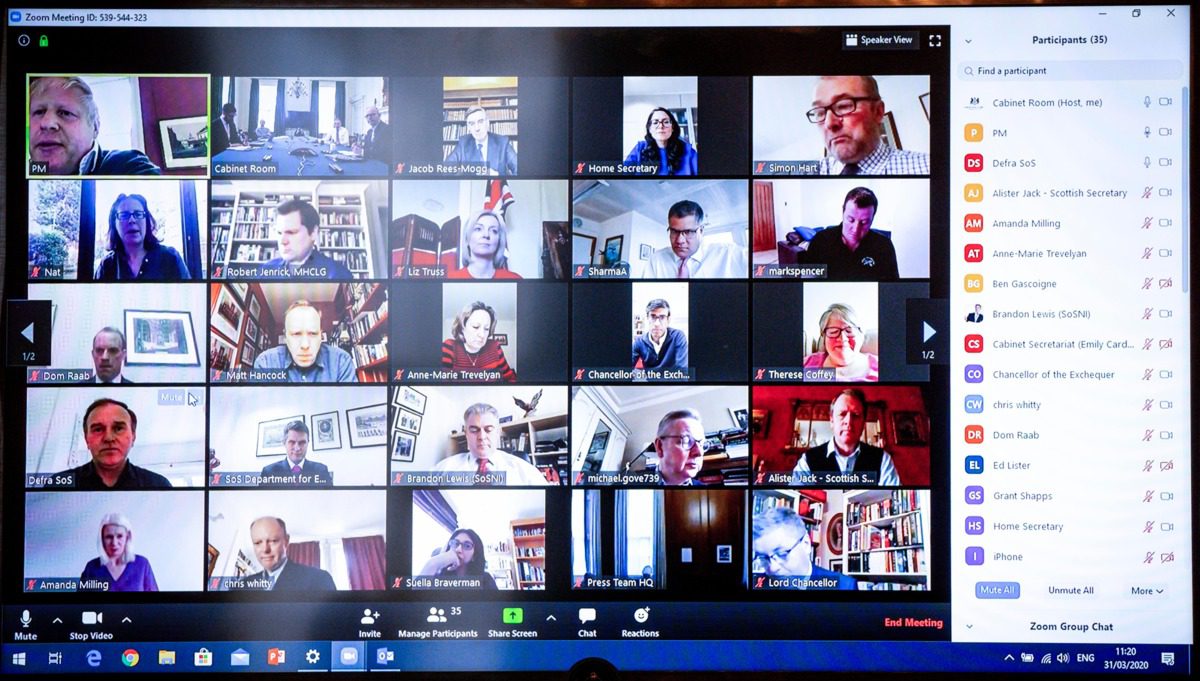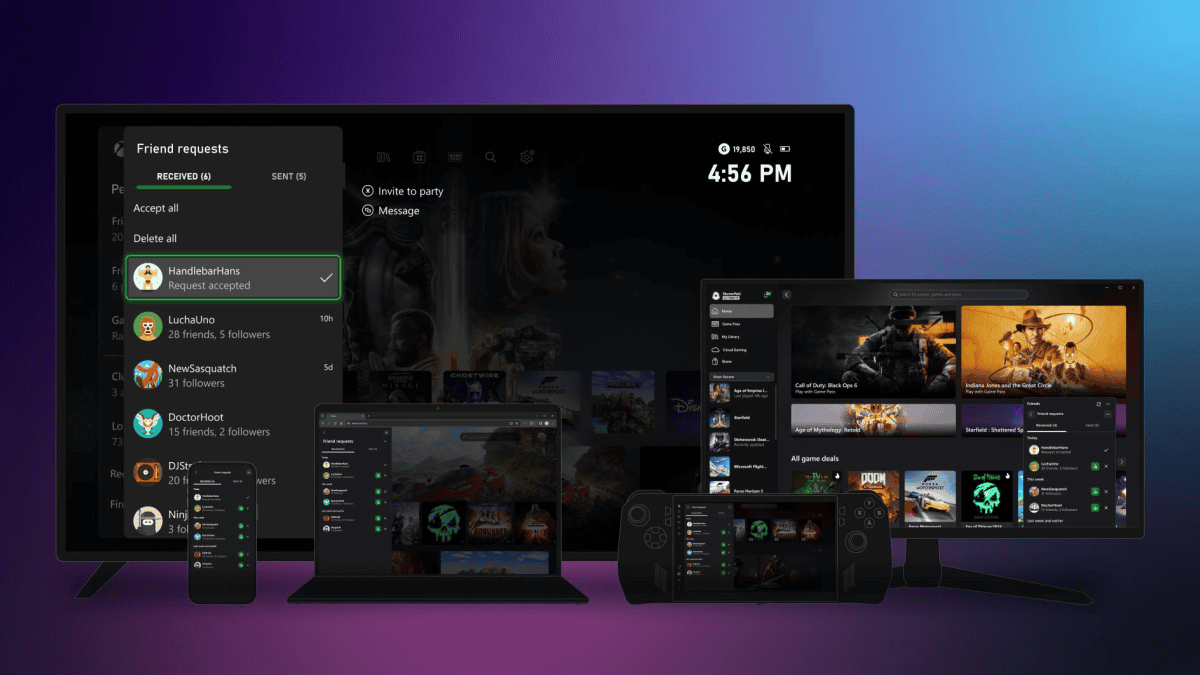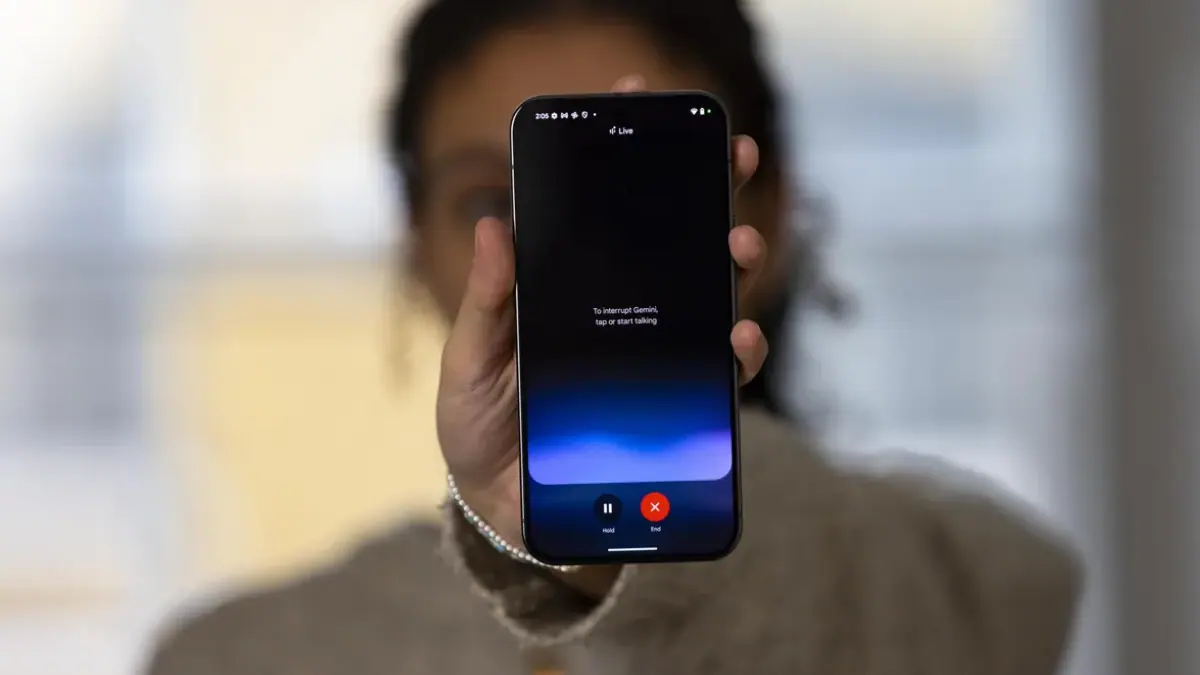Taiwan government bans Zoom due to security issues
2 min. read
Published on
Read our disclosure page to find out how can you help MSPoweruser sustain the editorial team Read more

If you have been following news for the past one week, you must be already aware of the security and privacy issues around Zoom. Last week, we summarized some of the key issues in an article, you can read it here. Some school districts in the US even banned the use of Zoom for remote classrooms because of its growing security and privacy issues.
Today, Bloomberg reported that Taiwan government has officially banned the usage of Zoom. The government has asked its agencies to avoid usage of Zoom due to its security flaws.
Microsoft recently published a blog post highlighting their approach to privacy and security in Microsoft Teams. Microsoft listed down the following as the privacy and security controls available for video conferences in Teams:
- Meeting options: With meeting options, you can decide who from outside of your organization can join your meetings directly, and who should wait in the lobby for someone to let them in. PSTN callers will be joining via lobby. Meeting organizers can also remove participants during the meeting.
- Roles in a meeting: A meeting organizer can define roles in a Teams meeting that designate “presenters” and “attendees,” and control which meeting participants are allowed to present content in the meeting.
- Attendee consent for recording: All recordings of meetings are accompanied by a notice to attendees that a recording is taking place. The notice also links to the privacy notice for online participants, and the meeting organizer controls which attendees have the ability to record.
- Meetings recording access: Meeting recording access is limited to those people who are on the call, or invited to the meeting, unless the meeting organizer authorizes others to access the recording. Recordings are uploaded to Microsoft Stream and may be shared and downloaded according to permissions enabled by account administrators.
- Channel moderation and controls: Channel owners can moderate a channel conversation and control who is, and is not, allowed to share content in channel conversations. This helps ensure only appropriate content is viewed by others.
- Communication compliance: Communication compliance enables organizations to foster a culture of inclusion and safety by identifying and preventing negative behaviors like bullying and harassment.
You can learn more about Microsoft’s privacy and security policies around Teams here.
Source: Bloomberg








User forum
0 messages